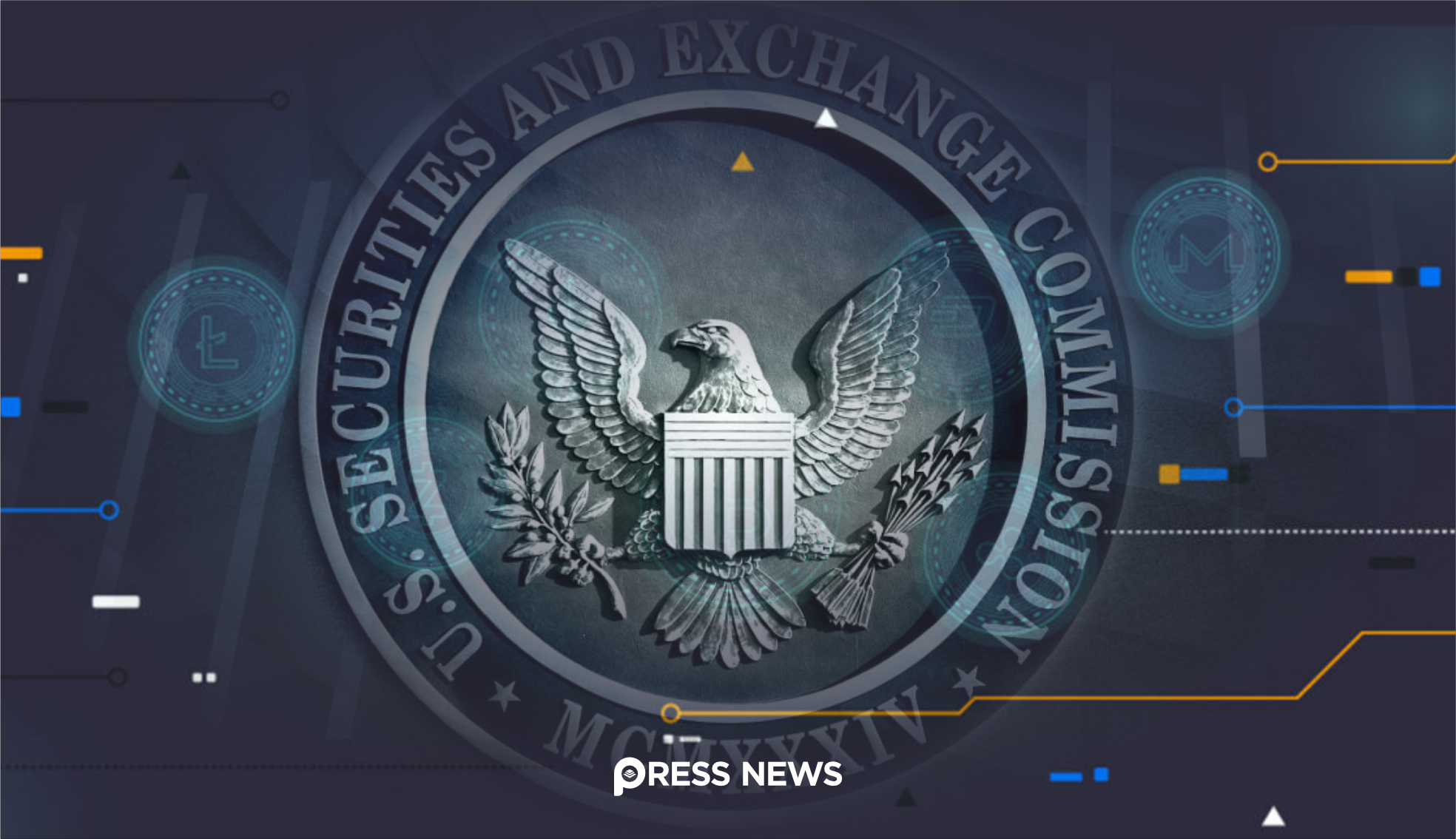Hedera Foundation Partners with The Binary Holdings to Onboard 169 Million+ Users
Lagos, Nigeria – The Nigerian government has filed a lawsuit against Binance, the world’s largest cryptocurrency exchange, alleging that its operations have contributed to economic instability and substantial revenue losses. The lawsuit seeks a staggering $81.5 billion, combining $79.5 billion in claimed economic damages and $2 billion in unpaid taxes. This legal action is part of Nigeria’s intensifying crackdown on digital asset platforms operating within its jurisdiction.
The Allegations
The Nigerian authorities accuse Binance of facilitating illegal foreign exchange transactions, exacerbating the country’s currency devaluation. Over the past year, Nigeria has faced severe economic challenges, with the naira experiencing unprecedented depreciation against the US dollar.
According to a Reuters report (source), Binance’s platform allegedly provided an avenue for individuals and entities to bypass traditional financial regulations, worsening the already fragile exchange rate.
Additionally, the Federal Inland Revenue Service (FIRS) has accused Binance of failing to remit proper tax obligations, a charge that Binance denies. The lawsuit argues that the exchange’s operations have enabled illicit financial flows and speculative trading, both of which have undermined government revenue collection efforts.
Regulatory Crackdown on Crypto in Nigeria
Nigeria has been taking a stricter stance on cryptocurrency trading in recent years. In 2021, the Central Bank of Nigeria (CBN) banned banks and financial institutions from processing cryptocurrency-related transactions. However, this restriction led to a surge in peer-to-peer (P2P) trading, with Binance emerging as a dominant platform for Nigerians seeking to exchange digital assets for local currency.
The government’s latest action aligns with a broader effort to regulate digital assets and combat financial misconduct. The Economic and Financial Crimes Commission (EFCC) has been investigating multiple cryptocurrency platforms for suspected violations, and Binance is just the latest in a growing list of targeted entities.
Binance’s Response and Industry Reactions
Binance has responded to the lawsuit, stating that it has always sought to comply with local laws and regulations. A spokesperson for the company told CoinDesk (source) that Binance is “committed to working with regulators to ensure compliance and foster responsible growth in the digital asset space.”
However, crypto analysts argue that Nigeria’s aggressive stance against Binance could drive more traders to unregulated platforms, potentially increasing financial risks for everyday users. Others believe that this case could set a precedent for how African nations handle crypto regulation moving forward.
The Global Context
This lawsuit comes amid increasing global scrutiny of cryptocurrency exchanges. Governments worldwide are tightening regulations on tax compliance, anti-money laundering (AML), and consumer protection. Notably, the U.S. Securities and Exchange Commission (SEC) and European regulators have also intensified their oversight of major crypto platforms.
Nigeria’s case against Binance reflects a broader trend of governments asserting control over digital finance, seeking to mitigate risks while maximizing tax revenues. Whether this legal battle results in a financial settlement or a restructuring of Binance’s Nigerian operations remains to be seen.
Conclusion
As the case unfolds, stakeholders in Nigeria’s fintech ecosystem will be closely watching the implications for the future of crypto trading in the country. Will this lawsuit deter other exchanges from operating in Nigeria, or will it lead to clearer, more defined regulations for digital assets? One thing is certain: the outcome of this lawsuit could reshape the landscape of cryptocurrency in one of Africa’s largest economies.
Sources:
- Reuters: Nigeria seeks $81.5 billion from Binance
- CoinDesk: Binance faces mounting regulatory challenges
- Financial Times: The global crackdown on cryptocurrency exchanges
- Bloomberg: Nigeria’s economy and digital asset regulations
Stay updated with the latest blockchain and cryptocurrency news by subscribing to our blog!


 Press Labs Inc.
Press Labs Inc. 







